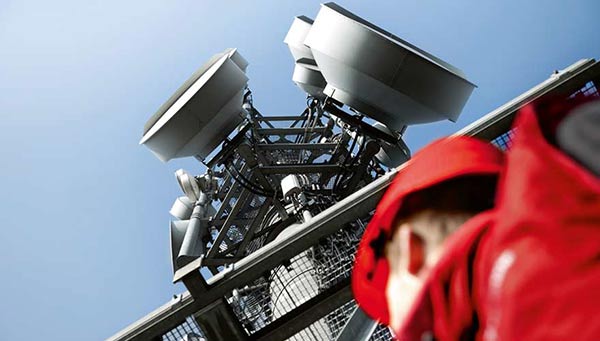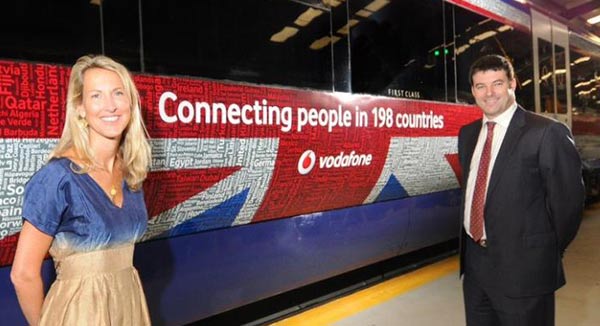Mobile network giant Vodafone has come forward and admitted that it provides a secret wire-tapping service which allows government agencies across Europe to listen-in, monitor and record customer calls.
The company has revealed the existence of secret wires in order to show the extent of government surveillance in a 40,000-word transparency report titled the "Law Enforcement Disclosure Report," which will be published today.
Vodafone warns that the security services and governmental bodies should not be tapping into citizens' data just because the technology is there. Furthermore it wishes to push against government pressure to use its technology to spy on people in some of the 29 countries in which the company operates. Thus it is disclosing how those agencies monitor the conversations and location of the public.

To allow agencies to listen and record live conversations, wires are typically attached directly to Vodafone's network, and other telecom groups, whilst on-site staff are employed to intercept any traffic requested by various government agencies.
In some countries Vodafone operates in, such as Albania, India, Egypt, Romania, Qatar and Hungary, it is deemed "unlawful to disclose any information related to wiretapping or interception of the content of phone calls and messages including whether such capabilities exist," according to the Guardian. In other cases, some countries' law obliges telecoms operators provide direct access to the government, so they can spy without obtaining a warrant first.
"These pipes exist, the direct access model exists. We are making a call to end direct access as a means of government agencies obtaining people's communication data," Vodafone's group privacy officer, Stephen Deadman, told The Guardian. "Without an official warrant, there is no external visibility. If we receive a demand we can push back against the agency. The fact that a government has to issue a piece of paper is an important constraint on how powers are used," he added.

The company said it was publishing the report as "questions have been asked about the role of communications operators such as Vodafone in support of those activities" and it has aims to get all direct-access to its telecom networks stopped.
However, Vodafone also makes it clear that it would continue to comply with the requests. "If we do not comply with a lawful demand for assistance, governments can remove our license to operate, preventing us from providing services to our customers," Vodafone says, according to Sky News.
The UK government has published reports of its lawful requests. Last year 2,760 interception requests and 514,608 communications data requests were made to all mobile phone operators.













